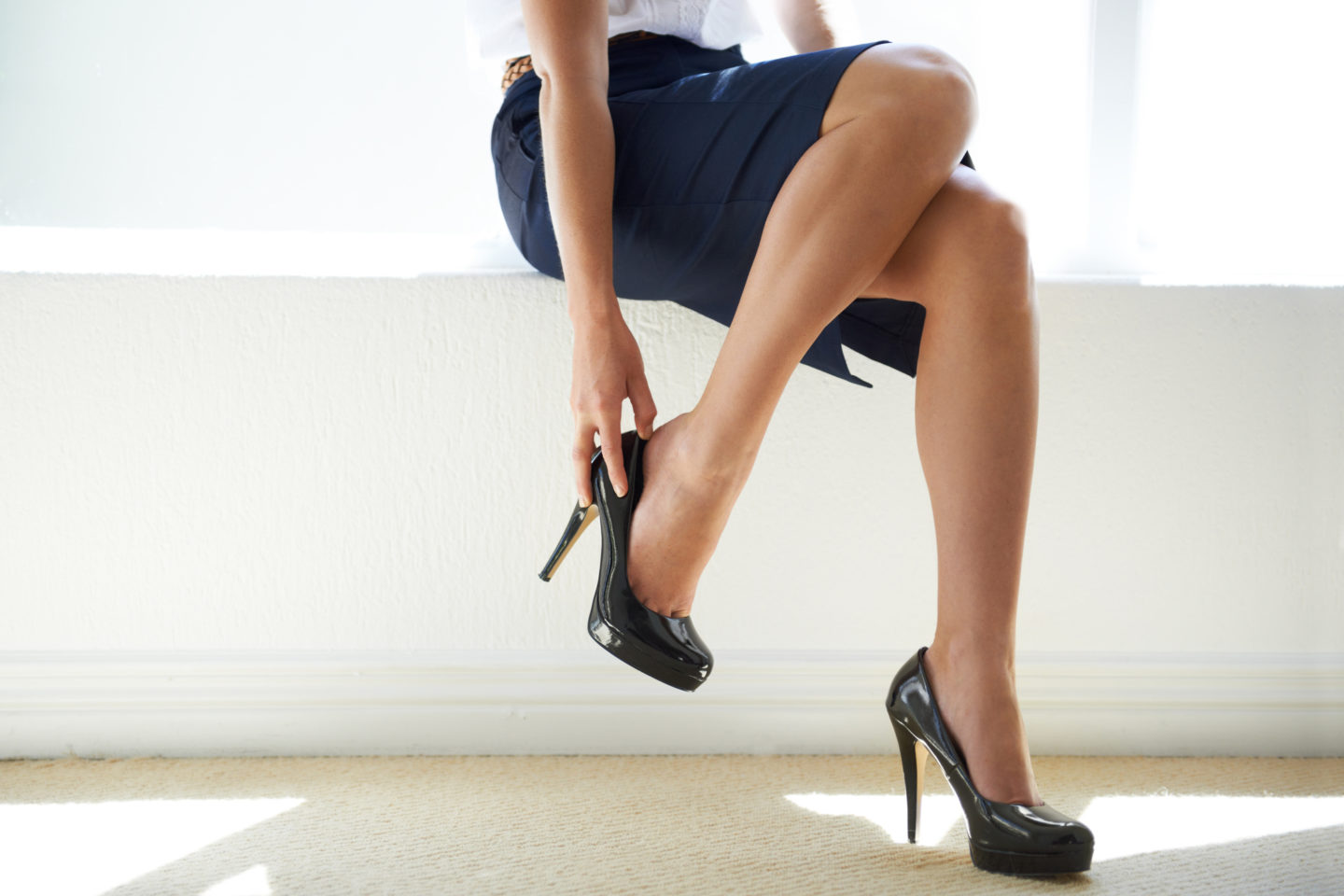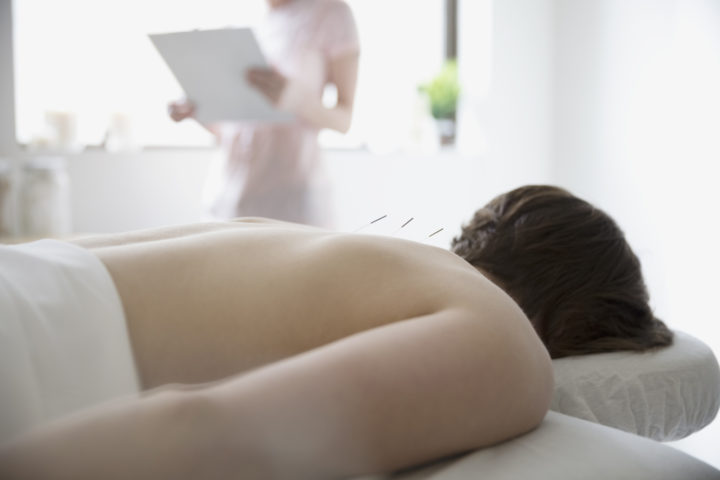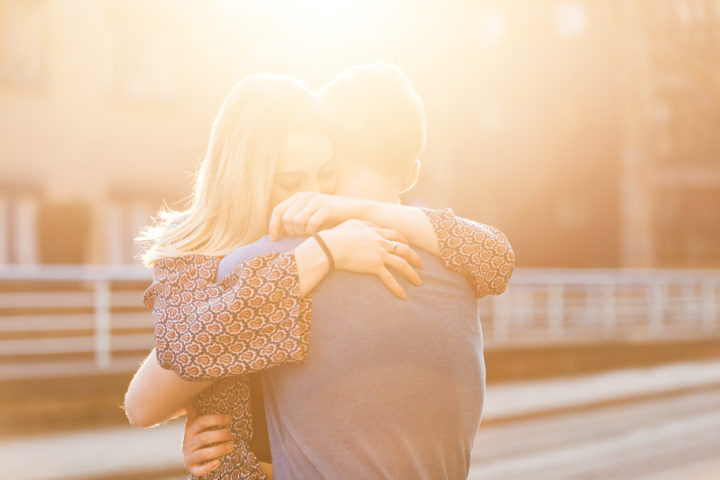Isn’t it sad that in 2016, women are still being told that their “provocative” clothing choices are to blame for their sexual harassment experiences?
From sexual assault and rape cases, to the non-consensual photography of a woman’s body, it seems like women are constantly being told that they “asked for it” or at the least that they should have seen the harassment coming based on how they chose to dress. For anyone who wasn’t aware, it is perfectly legal for someone to take upskirt photos of a woman’s private areas in dozens of states. In fact, Georgia was the latest state to publicly come forth and rule that upskirt photographers will face not criminal punishment from the law.
In late July, the Georgia Court of Appeals ruled that the state’s invasion of privacy laws didn’t prohibit harassers from taking a photo up a woman’s skirt unless she’s “behind closed doors” – in a locker room, in a dressing room, in the bathroom – places where people should expect full privacy. But if a woman is shopping at a grocery store, walking up the stairs in an office building or grabbing something to eat at a restaurant, it is not illegal for someone to snap a few pictures up her skirt or dress without her consent. While harassers have been arrested across Georgia for this invasive practice of non-consensual photography, no law currently exists which can criminalize these actions.
Unfortunately, Georgia is just one of many states in America that has yet to bring its privacy laws up to speed with the modern technological advancement of the camera phone. For example, Christopher Cleveland was arrested in June 2013 when police caught him taking pictures up the skirts and dresses of the women who were sitting on the steps of the Lincoln Memorial. Once police had Cleveland in custody, they found a collection of upskirt photos of women’s butts and crotches. These initial photos became the basis for search warrants to further investigate Cleveland’s home and vehicle. Upon further investigation, additional upskirt photos taken in 2012 and in 2013 were uncovered, making Cleveland guilty in multiple accounts of attempted voyeurism or the practice of spying on people engaged in intimate behaviors such as undressing or actions deemed to be of a private nature.
But in September 2014, when this case hit the courts, Washington, D.C. Superior Court Judge Juliet McKenna ruled that upskirt photos do not violate a woman’s privacy. The ruling concluded that Cleveland had not taken pictures of unexposed areas of the body, but rather he had captured pictures of body parts that were exposed based on a woman’s positioning and her clothing choice. Thus, these images were removed from being used as evidence. Judge McKenna ruled that no person could “have a reasonable expectation of privacy“ when “clothed and positioned“ in the manner in which these women were in a public space – sitting on steps in a skirt.
If it wasn’t bad enough that some states view the upskirt photography of women as perfectly legal, an Oregon ruling found that no crime had occurred when a man crouched down in a Target aisle and snapped photos up a 13-year-old girl’s skirt. In January 2014, Patrick Buono stuck his cellphone under the skirt of a teenage girl, unbeknownst to her. An eyewitness reported the incident and the store’s security tapes confirmed its occurrence. While the court did find Buono’s behavior to be “lewd and appalling,” it didn’t violate any statue on the books in Oregon. Buone was acquitted on two accounts of invasion of privacy and two accounts of attempted second-degree encouraging child sex abuse.
Over the past few years, many harassers have gotten away with reprehensible behaviors similar to these cases in Georgia and Oregon due to loopholes. Fortunately, some legislators around the country have been so outraged by the rulings in these types of cases that they have fought to have the laws amended. In 2014, Massachusetts ruled that photographing or recording video under a person’s clothing is a misdemeanor. Authorities realized that the pre-existing law that protected people from being photographed while “partially nude” did not protect against upskirt photos, which was a common form of street harassment that they felt needed to be addressed. In 2015, Texas followed Massachusetts’ lead to reduce the amount of legal loopholes by creating a law that specifically criminalizes the photography or recording someone’s private parts without consent.
Women’s bodies are being exploited in so many ways, often without their consent and in such a way that they cannot fight back against harassers. While the trend shows that more states are adopting legislation that would make it punishable for upskirt photography to be taken, there’s still a long way to go.




comments